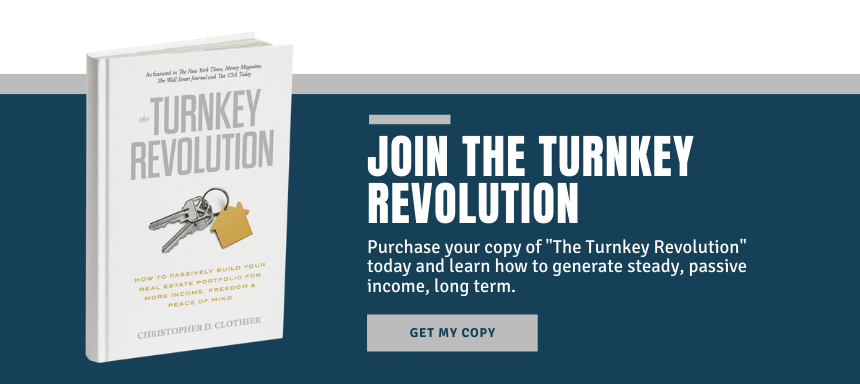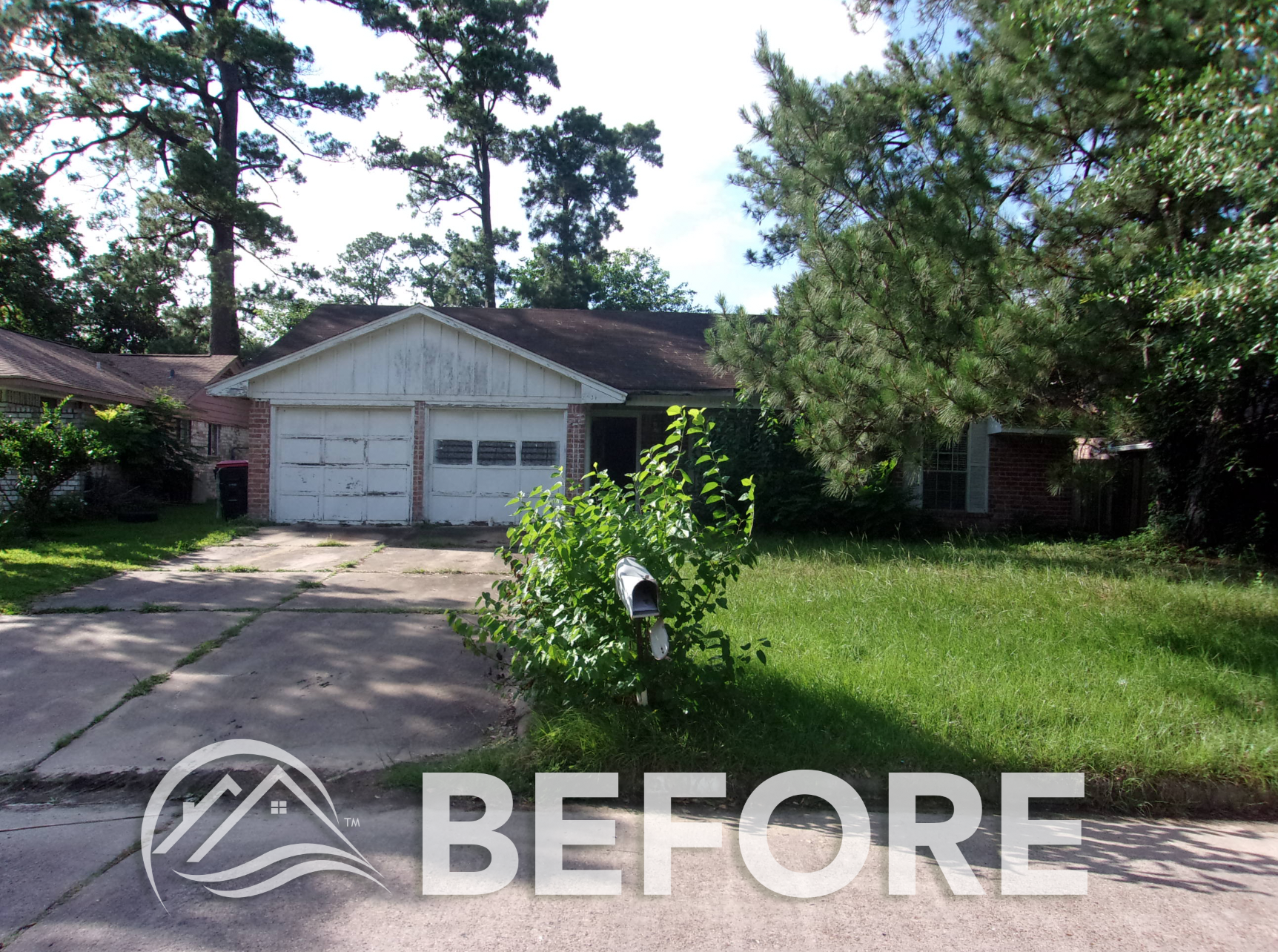 When we consider real estate investment, the important factors aren’t always home prices, interest rates, and realty data. While these things can provide insights, we can find a more rounded, telling picture when we look at the overall condition of a market. When we do a deep analysis of a market to determine whether or not it is worth bringing turnkey investment opportunities to our investors, for example, we look at a great many economic factors in our prospective markets.
When we consider real estate investment, the important factors aren’t always home prices, interest rates, and realty data. While these things can provide insights, we can find a more rounded, telling picture when we look at the overall condition of a market. When we do a deep analysis of a market to determine whether or not it is worth bringing turnkey investment opportunities to our investors, for example, we look at a great many economic factors in our prospective markets.
Some of these factors include things like job market growth, population and wage growth, industry diversity, and market affordability (that is, wages compared to cost of living). These are just some factors relevant to the trajectory of a market.
For real estate investors looking for buy-and-hold investments, the long-term economic sustainability of a market is critical for investment success. Turnkey investors, unlike other varieties of investors, become deeply invested in and part of the fabric of a community. We’re planting roots in these markets, and so it’s valuable to invest ourselves in their well-being and overall trajectory of these areas.
That’s why Inc.’s latest list of The 50 Best Places in America to Start a Business caught our attention. But what does this list have to say about our markets—and for real estate investors? Here are our insights.
2 Big Takeaways from “The Best Places to Start a Business”
Before we dive into our insights, it’s important to note one big detail about the list that we feel is important: five of our seven investment markets made the list. That’s huge! Houston, Dallas, Oklahoma City, St. Louis, and Memphis were all included.
While none of our markets took the top spot or ranked highest in any of Inc.’s metrics (we’ll talk about them in a moment), the fact that these five markets that we so deeply love and believe in were included is thrilling.
But now, on to our observations.
Inc.’s Metrics Highlight Not Only Entrepreneurship, But Overall Economic Potential
Inc.’s list covers seven key metrics.
-
Job growth. Percentage change from Q1 2017 to Q1 2018.
-
Rate of entrepreneurship. Percentage of adult entrepreneurs, including solopreneurs (sole proprietors and one-person business operations) across all industries and employment statuses between 2017 and 2018.
-
Population growth. Percentage change from July 2016 to July 2017.
-
Net business creation. What was the percentage change in the number of businesses between Q1 2017 and Q1 2018?
-
Wage growth. What was the percentage change in average weekly earnings between Q1 2017 and Q1 2018?
-
Early-stage fundraising deals. Between October 2017 and October 2018, how many early-stage fundraising deals were acquiring per 100,000 adults?
-
High-growth-company density. This metric is specific to Inc. 5000 firms with $2 million in annual revenue and 20% annual year-over-year growth for three consecutive years. These were the numbers of companies meeting these criteria per 100,000 adults.
When we look at these metrics, we do see that while many are focused on entrepreneurship, it is the economic potential and growth that is important. While the idea of starting a business is alluring, it is not only would-be business owners that should be paying attention to this information.
For example, job growth in a market, increasing wages, and business creation are all incredibly attractive indicators for anyone looking for a place to live and work. This is what, in turn, drives population growth. When the quality of life improves (access to jobs, and an increase in wages), it drives the population and improves the health of the market.
When cities—even mid-sized cities like Memphis, St. Louis, and Oklahoma City—turn their attention to developing a business and entrepreneur-friendly environment, they begin to craft a market and a climate that facilitates population, job, and wage growth naturally. And that’s good news for everyone.
Business-Friendly Environments Drive a Healthy Real Estate Market
We see this time and time again. It’s a classic case of supply and demand. Obviously, when there is an influx of population growth, there is a need for real estate. A growing population needs places to live, this drives up home prices with increasing demand and competition. We get hot real estate markets, increased home construction, growing rental markets, and increased investor opportunities.
But is it that simple?
Well, kind of. What’s important is that the markets that we as investors look at are sustainable. We can look at these metrics all day, but if a market is resting its success on a volatile industry, those jobs could disappear overnight...and with it, housing demand and the people that make for successful investing.
A business-friendly environment isn’t enough if the business itself isn’t diverse and sustainable. This is why, in many ways, we’re encouraged by the diversification of businesses in Oklahoma City, Houston, and Dallas, as they grow beyond their dependence on the oil industry.
While there are many factors that one can look at to judge the health of a real estate market, one of the first places to look is the job market. Is your market welcoming small business? Creating jobs? Is the population growing, or are families packing up and moving out?
As real estate investors, we have to pay attention to our environment, not just the price tag of the properties we invest in. The whole context of the investment matters in our success.
Partner with a turnkey company that truly invests in your success, from hand-selecting your investment markets to crafting your portfolio every step of the way.
Your adviser is waiting for your call.













